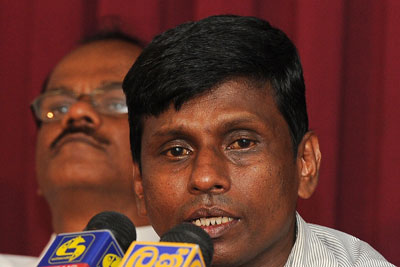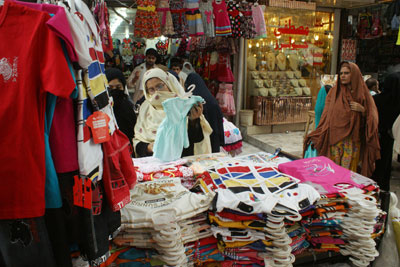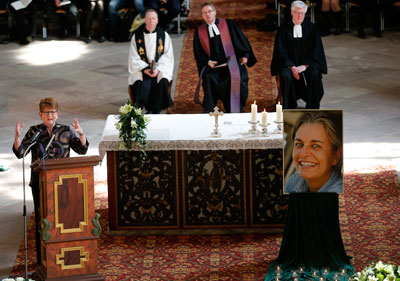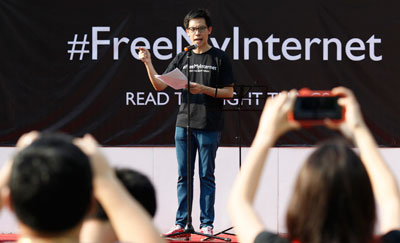No press freedom without Internet freedom
Four years ago, when CPJ launched its Internet Advocacy program, we were met with lots of encouragement, but also some skepticism. “Why do you need a program to defend the Internet?” one supporter asked. “You don’t have a special program to defend television, or radio, or newspapers.” But the Internet is different. Increasingly, when it…

In Sri Lanka crackdown, mobs and death threats turned on journalists
There is genuine cause for alarm about the anonymous death threats going to Sunil Jayasekara’s phone. They started streaming to Jayasekara, the convener of Sri Lanka’s Free Media Movement, an umbrella group (hence calling the leader a convener) of journalists’ organization in Sri Lanka, just before an FMM press conference on Saturday in Colombo.

Seeking release of Pakistani journalist Faizullah Khan, jailed in Afghanistan
It’s not often that CPJ agrees with the Pakistan government, but here is one of the rare occasions when we do. While Pakistan journalists have been pushing for quite a while for the release of one of their colleagues, Faizullah Khan, being held in Nangahar in Afghanistan, the Islamabad government has apparently been working diplomatic…

An Afghan conviction, but little sense of victory
Naqibullah, the Afghan police commander who killed The Associated Press’ Anja Niedringhaus, has been given a death sentence after being convicted of murder and treason. He was also given a four- year sentence for shooting the AP’s Kathy Gannon. Naqibullah (who goes by one name, as many Afghans do) opened fire at near-point-blank range on…
Slideshow: Raising awareness on India’s troubling Internet laws
Today, the Global Network Initiative launched a campaign to raise awareness on India’s Internet laws. The GNI, of which CPJ is a founding member, is a coalition of technology companies–including Facebook, Google, Microsoft, and Yahoo–and human rights groups and Internet freedom advocates. The coalition, in collaboration with the Internet and Mobile Association of India, has…
Sri Lanka’s Free Media Movement speaks out against government
In a high-risk move, the Free Media Movement in Sri Lanka released a statement condemning the government’s ban on non-governmental organizations (NGOs) holding press conferences and issuing press releases. CPJ blogged about the government’s move last week.
Ever broader restrictions handed down for China’s reporters
Yet another set of rules restricting the work of journalists in China takes the concept of “overbroad” to new heights. According to guidelines made public Tuesday by the official state news agency Xinhua, the new rules cover various “information, materials, and news products that journalists may deal with during their work, including state secrets, commercial…
Sri Lanka moves to silence NGOs, press groups
The Sri Lankan government has taken yet another step to silence critical media coverage, banning non-governmental organizations (NGOs) from holding press conferences and issuing press releases, as well as running workshops or training sessions. The action, announced Sunday by Sri Lanka’s Ministry of Defense, left the country’s many press groups wondering whether they are even…

In Singapore, blogger under pressure, CPF under scrutiny
A critical Singaporean blogger continues to suffer financial and legal pressure because of a blog post that allegedly accused the city-state’s prime minister, Lee Hsien Loong, of corruption. The episode is part of a disturbing pattern of government legal and financial pressure on critics, but it is also a lesson in how censorship can backfire.
Sri Lanka must end media restrictions to facilitate reconciliation
This month, in the wake of anti-Muslim sectarian riots in the southwest, the Sri Lankan government pressured local journalists to hide the truth by not covering the violence. Those brave enough to report it had their equipment destroyed and were threatened or physically attacked, according to media reports. Since the government stifled coverage of these…